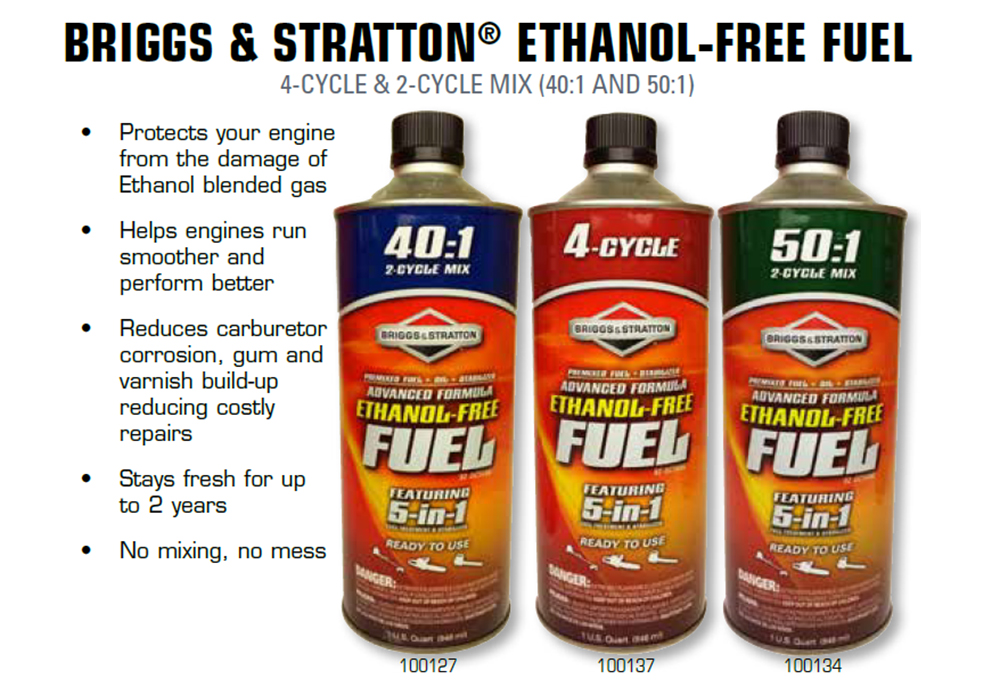RECOIL OFFGRID Transportation Fuel Expiration: How to Keep Your Bug-Out Vehicle Running
We love a good post-apocalyptic movie or TV show, but the vast majority of these Hollywood creations prioritize flashy visuals and entertainment factor over realism. That's somewhat understandable, since watching the protagonist roar through the deserted streets on a chopper draws in a bigger audience, and money is the name of the game. However, one of our pet peeves with this genre is the way they overlook a virtually-unavoidable problem in a long-term survival situation: fuel expiration.

Mad Max: Fury Road makes for great entertainment… but it's *a wee bit* unrealistic. (Photo: Warner Bros.)
Problem number one: in a major nationwide or worldwide crisis, fuel production and distribution will cease. If the proverbial fire and brimstone is raining down from the sky, Steve the local tanker truck driver is going to stop making his rounds to the gas stations and go find his family. (It's OK Steve, we'd do the same.) If the disaster is big enough, ports, shipping lines, and refineries will also grind to a halt. That means no new fuel will be produced or distributed.

Sorry “The Walking Dead” fans, this Hyundai would likely sputter to a stop less than a year after SHTF....
If the only fuel that's available is sitting idly in the tanks of vehicles, gas stations, and regional storage facilities, we'll run into problem number two pretty quickly. Most vehicle fuels have a limited shelf life, and when there's a finite supply of new fuel, it's a matter of time until the volatile fuel expires. Generally, modern ethanol-blended E10 gasoline will last 3 to 6 months, depending on how it's stored and the tolerances of the equipment it's being used in. Diesel (or biodiesel made from cooking oil) is a little better, with a 6 to 12 month shelf life.

After this time, fuels will form gum, varnish, and oxidized deposits, which may clog filters, injectors, and lines. Condensation may also cause water buildup in the fuel, reducing its potency and causing misfires or knocking. It may even cause rust in the system, which can break off particles and be a real nightmare to clean. You can check for fuel expiration in a number of ways:
The last thing you want is to try to fire up your engine and bug out, only to find it won't start.
So, now that we know fuel will eventually expire, what can you do to stop it? Unfortunately, it's impossible to permanently prevent fuel expiration, but you can slow down the degradation process with the following steps.


 STAY SAFE: Download a Free copy of the OFFGRID Outbreak Issue
STAY SAFE: Download a Free copy of the OFFGRID Outbreak Issue
No Comments